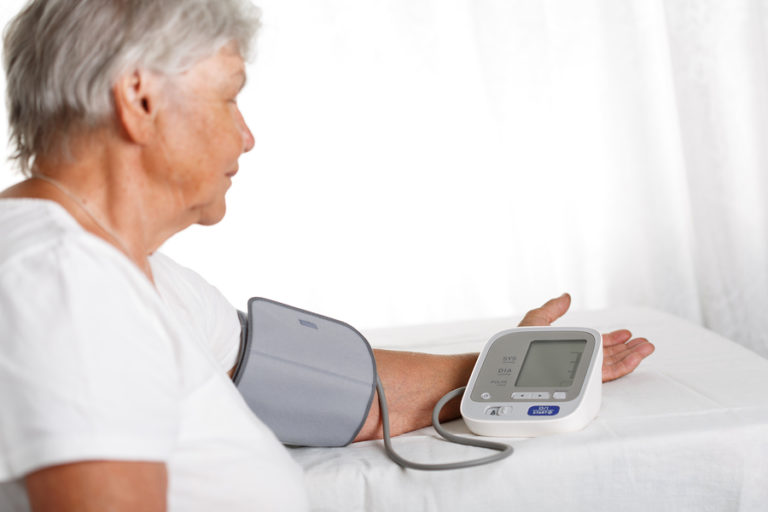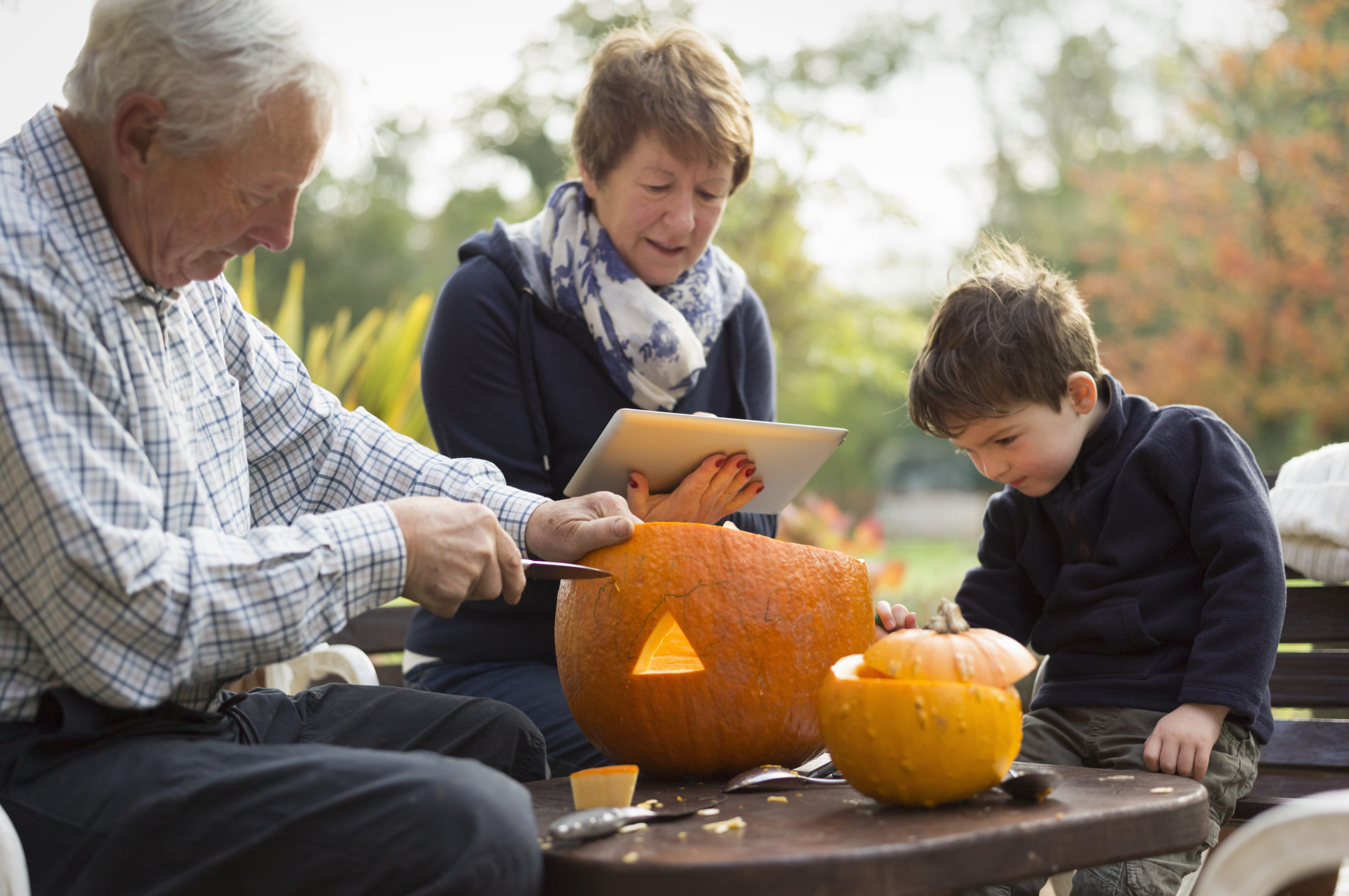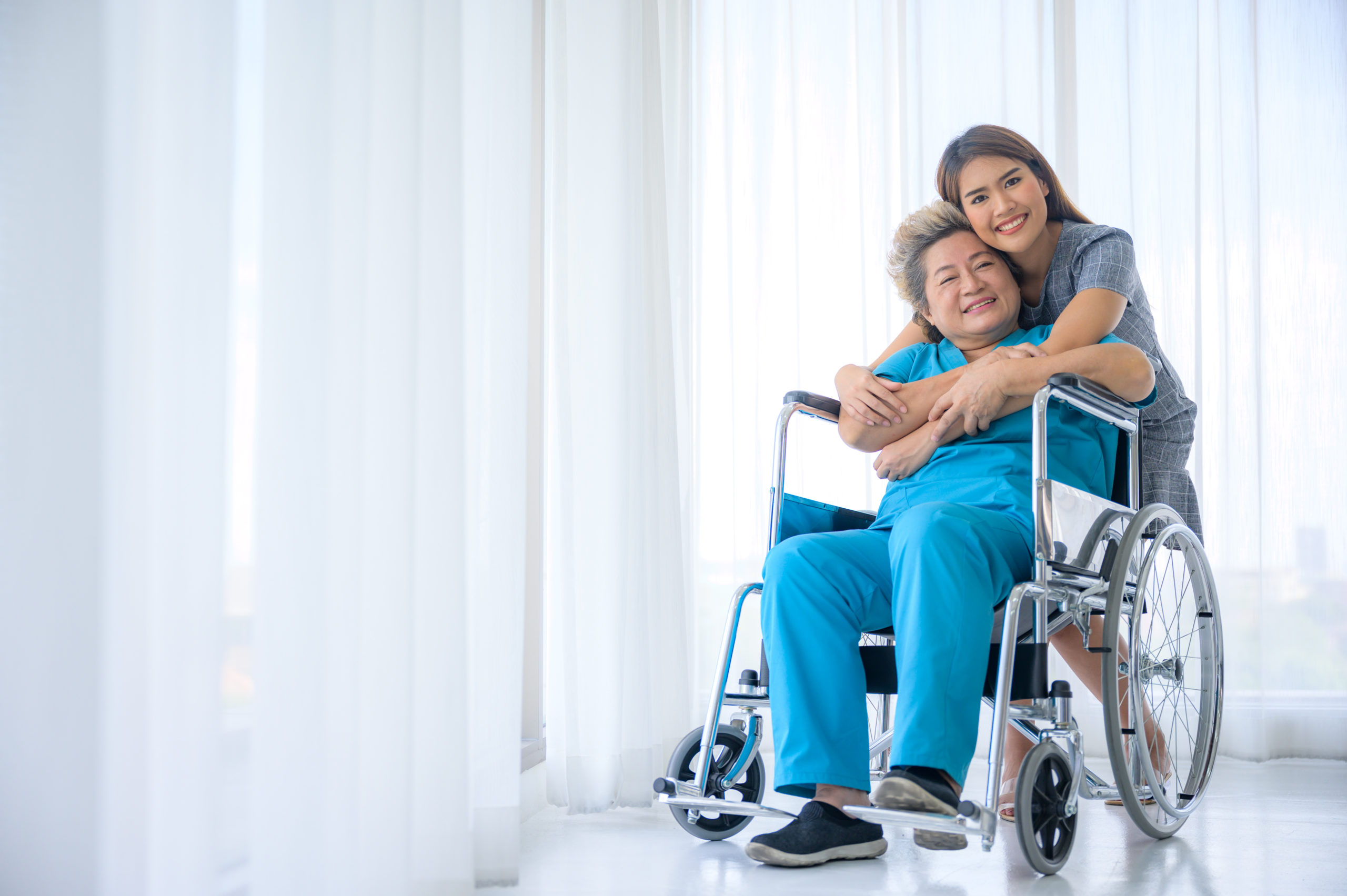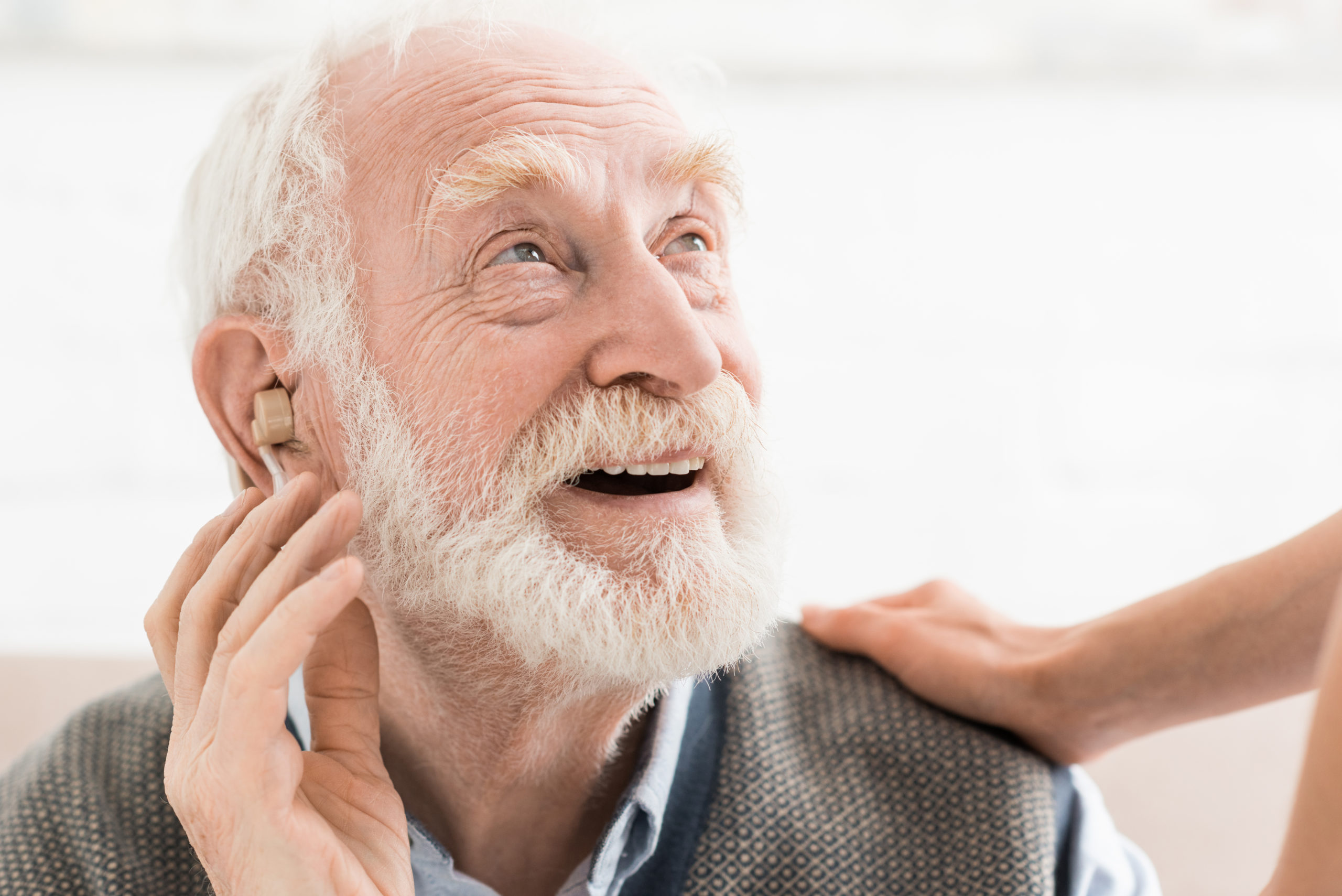You might think that having low blood pressure is a good thing. After all, high blood pressure is a risk factor for stroke and heart disease. However, sometimes blood pressure is too low and causes problems like dizziness and fainting, which can lead to a dangerous fall. It can also mean that not enough oxygen reaches vital organs, which can cause damage.
What is Low Blood Pressure?
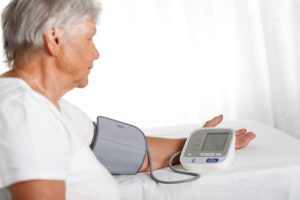
Doctors consider blood pressure to be low when the top number is under 90 or the bottom number is under 60. There are different kinds of low blood pressure that are categorized by their causes and some other factors. Kinds of low blood pressure include:
• Orthostatic Hypotension: Older adults may experience low blood pressure when they stand up. When the person is sitting or lying down and then gets up, gravity naturally causes blood to collect in their legs.
Normally, the body regulates itself to ensure blood quickly returns to the brain. However, when a person has orthostatic hypotension, the body doesn’t compensate and blood pressure drops suddenly when they stand up, causing dizziness or fainting.
• Postprandial Hypotension: Low blood pressure can occur after a person eats, especially in seniors. After eating, the body sends blood to the digestive tract to aid with digestion. To keep blood pressure normal, the body increases the heart rate and makes certain blood vessels constrict. In people with postprandial hypotension, the body doesn’t make the necessary changes.
• Neurally Mediated Hypotension: This kind of hypotension occurs mostly in young adults and children. It happens after the person stands for a long time and is believed to be a problem with signals between the heart and brain.
• Multiple System Atrophy with Orthostatic Hypotension: This kind of hypotension is rare. It happens because of damage to the autonomic nervous system.
What Are the Symptoms?
Some signs of low blood pressure are:
• Dizziness.
• Lightheadedness.
• Blurry vision.
• Nausea.
• Fatigue.
• Difficulty concentrating.
When blood pressure is consistently low but doesn’t cause symptoms, the doctor may not treat it. Instead, they will monitor the older adult’s blood pressure to make sure there are no problems. However, if symptoms are present and put your aging relative at risk for a fall, it is important that they be treated.
Home care can assist older adults with low blood pressure to ensure they stay safe. Home care providers can remind them to take medications to treat the condition. A home care provider can also assist the senior to stand up and make sure they are steady before they attempt to walk. Home care providers can also watch for other symptoms that may indicate low blood pressure is being caused by a condition that needs treatment.
If you or an aging loved one are considering hiring professional Home Care in Gastonia, NC, please call the caring staff at BlueDot Cares today, (704) 586-9248.
Sources
https://www.mayoclinic.org/diseases-conditions/low-blood-pressure/symptoms-causes/syc-20355465
https://www.heart.org/en/health-topics/high-blood-pressure/the-facts-about-high-blood-pressure/low-blood-pressure-when-blood-pressure-is-too-low
https://www.webmd.com/heart/understanding-low-blood-pressure-basics#1

